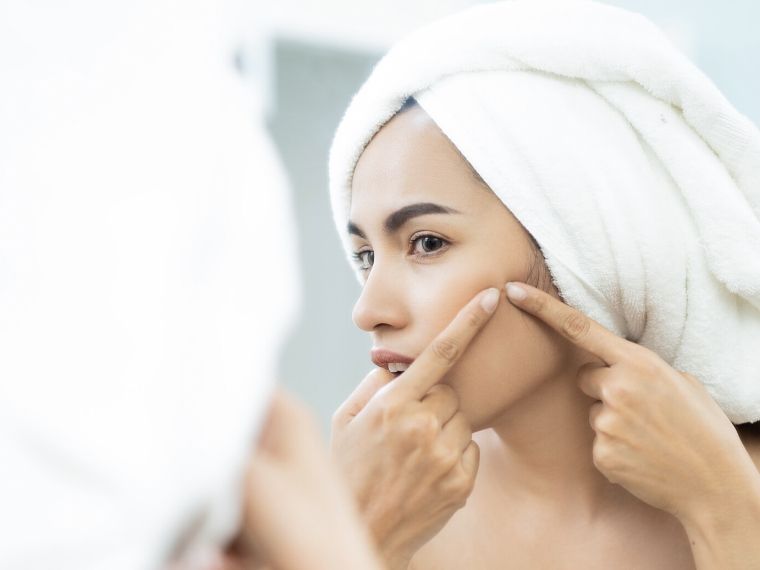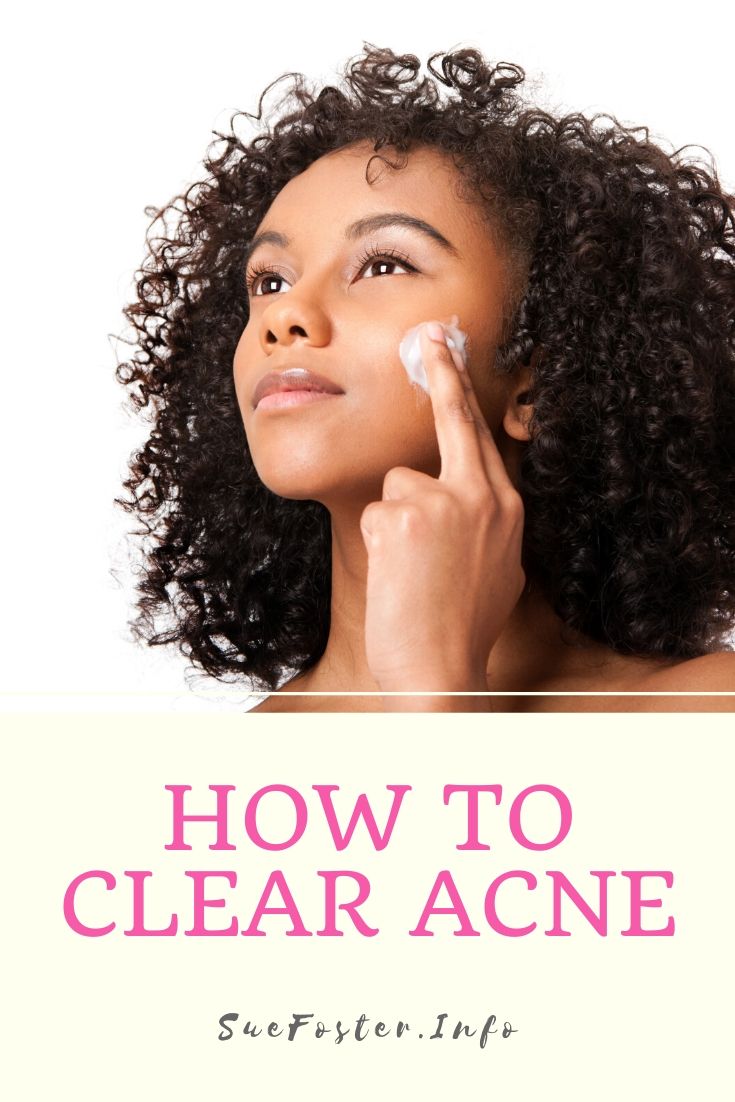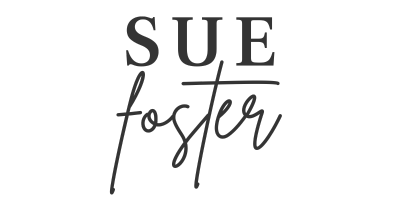If you’d like to know how to clear acne the following treatments can help mild and moderate to severe acne as well as acne scarring.

Mild Acne
Mild acne can be treated with topical over the counter products or a topical antibiotic. The products listed below are readily available to purchase online and in chemists and do work well when used in conjunction with each other.
Salicylic Acid
This is effective at removing the skin’s surface of excess cells and bacteria making it easier for other treatments to penetrate.
There are plenty of face wipes, washes and moisturisers that contain salicylic acid available in the shops. When shopping, get accustomed to reading the ingredients label and look for these ingredients.
The ingredients with the highest concentration will be listed first. Go for good quality products like this salicylic acid soap with good reviews from Amazon

Glycolic Acid
Glycolic Acid is great for unblocking the pores and is also good for sun-damaged skin by combatting the visible effects of ageing! This 30% gel peel has good results.
It is a natural food product derived from sugar cane and is one of the most widely used alpha hydroxy acids (AHA’s).
Benzoyl Peroxide
This product has been around for a very long time it destroys P. acnes also known as Propionibacterium acnes, the bacteria that causes acne. It’s available in various strengths from 2.5% – 10%.
If you have very sensitive skin, start off using a low concentration and work your way up. I personally have found this very effective and have used it for many years. I currently use Acnecide 5% and buy it from this chemist.
Note: Benzoyl Peroxide will bleach clothing and bed linen if it comes into contact with either. It may be a good idea to have white bed linen to sleep on when you are using this product at night.
Topical Antibiotic
If the skin starts to get inflamed and congested Clindamycin 1% used in conjunction with Benzoyl Peroxide can work very well.
Your doctor may prescribe oral antibiotics as well as using topical treatments.
Moderate to Severe Acne
Vitamin A Derivatives
These are an altered form of vitamin A, Tretinoin known as Retin A is a prescription product as it can irritate the skin. It strips the skin cells from the outer layer of the skin and encourages skin renewal.
Isotretinoin (Accutane)
Isotretinoin is similar to tretinoin but with less irritation and may be prescribed as a last resort if other treatments have failed. It can help prevent scarring and reduce the size of the oil glands so that less oil is produced. As a result, the growth of bacteria is decreased helping the most severe acne.
This drug must not be used during pregnancy as it can cause birth defects, or be used by women who intend to become pregnant.
Contraceptive Pill (For Women)
Women suffering from acne may be prescribed the birth control pill, this can work for some and not for others, it is usually prescribed when women suffer premenstrual acne flare-ups.
Dianette (Diane-35) is one brand that is commonly used, this is also used for hirsutism (excess hair growth). There are other pills available if this one is not suited to you and it’s best to choose a pill that is more Oestrogen dominant.
Some birth control pills can make acne worse, these tend to be more progesterone dominant, so by simply changing your pill could have a dramatic effect on your acne.
Some women can have an excess of the male hormone Androgen and may suffer from excess hair growth on the face or body. There are other treatments available such as anti-androgen drugs and corticosteroid drugs that help suppress the androgen produced by the adrenal glands.
Scarring
It’s best to treat acne as early as possible to prevent scarring, where scarring is present a laser resurfacing treatment may be advisable.
Dermabrasion may also be helpful, this is a technique a bit like sandpapering and removes the outer layer of skin (epidermis) and the upper portion of the dermis. Once the new skin cells regenerate the skin looks a lot smoother and scars are reduced.
Another treatment option for deep scars caused by cystic acne is by using a collagen filler that is injected to fill the acne scars to improve their appearance. A chemical peel may help improve the skin too.


